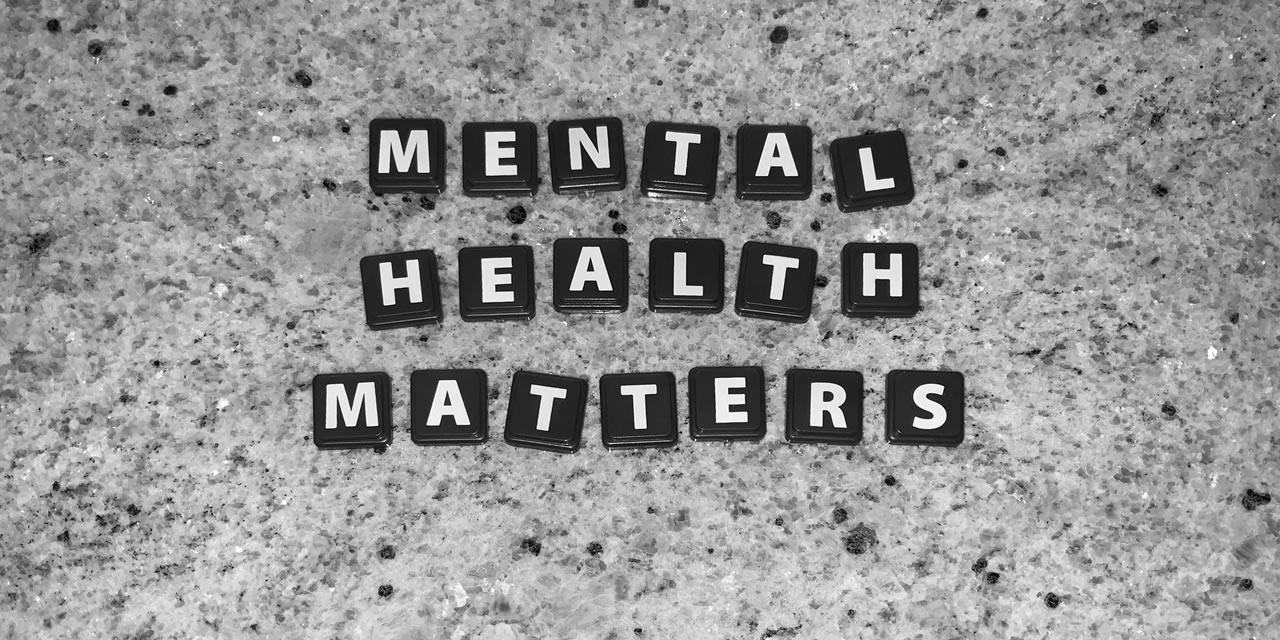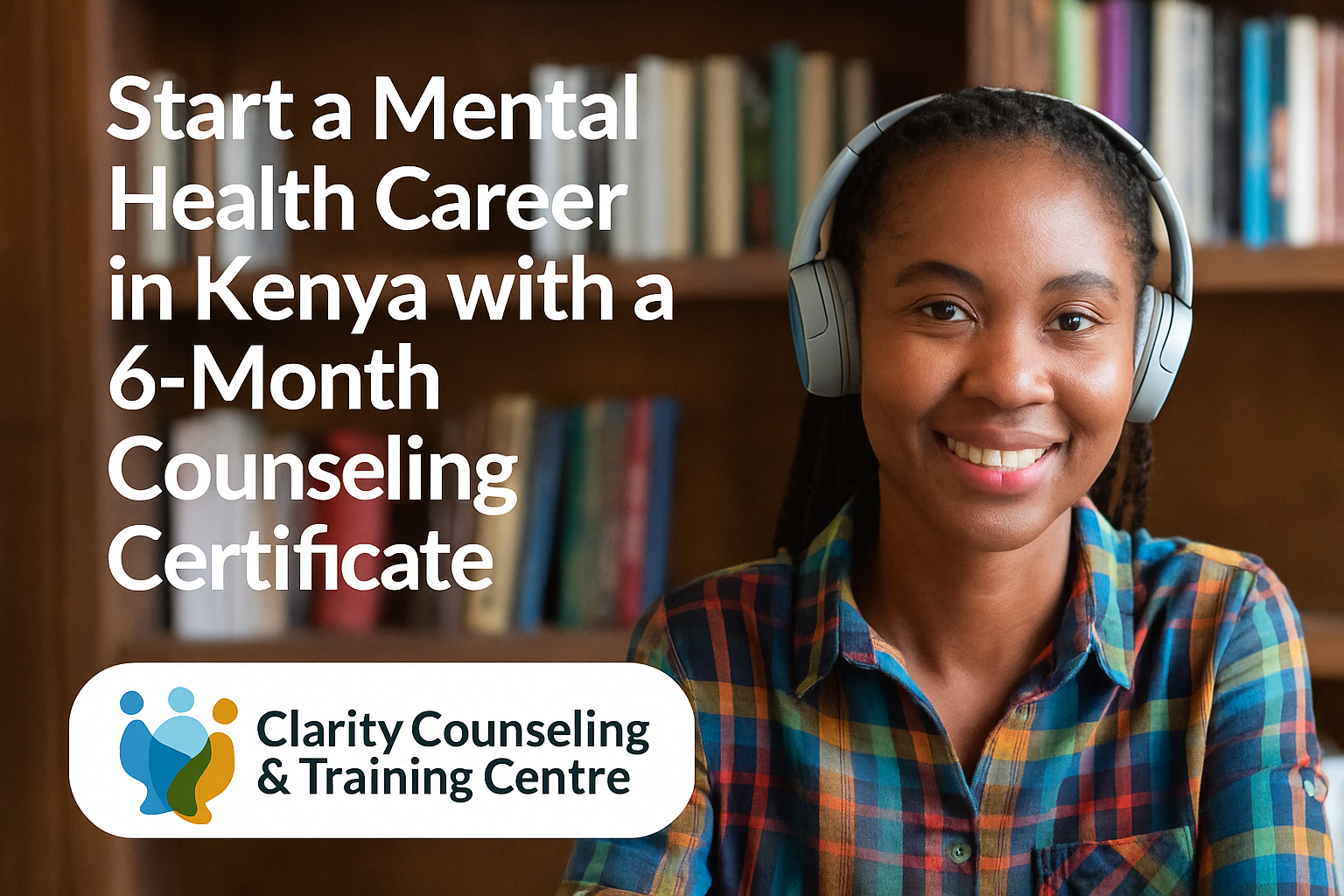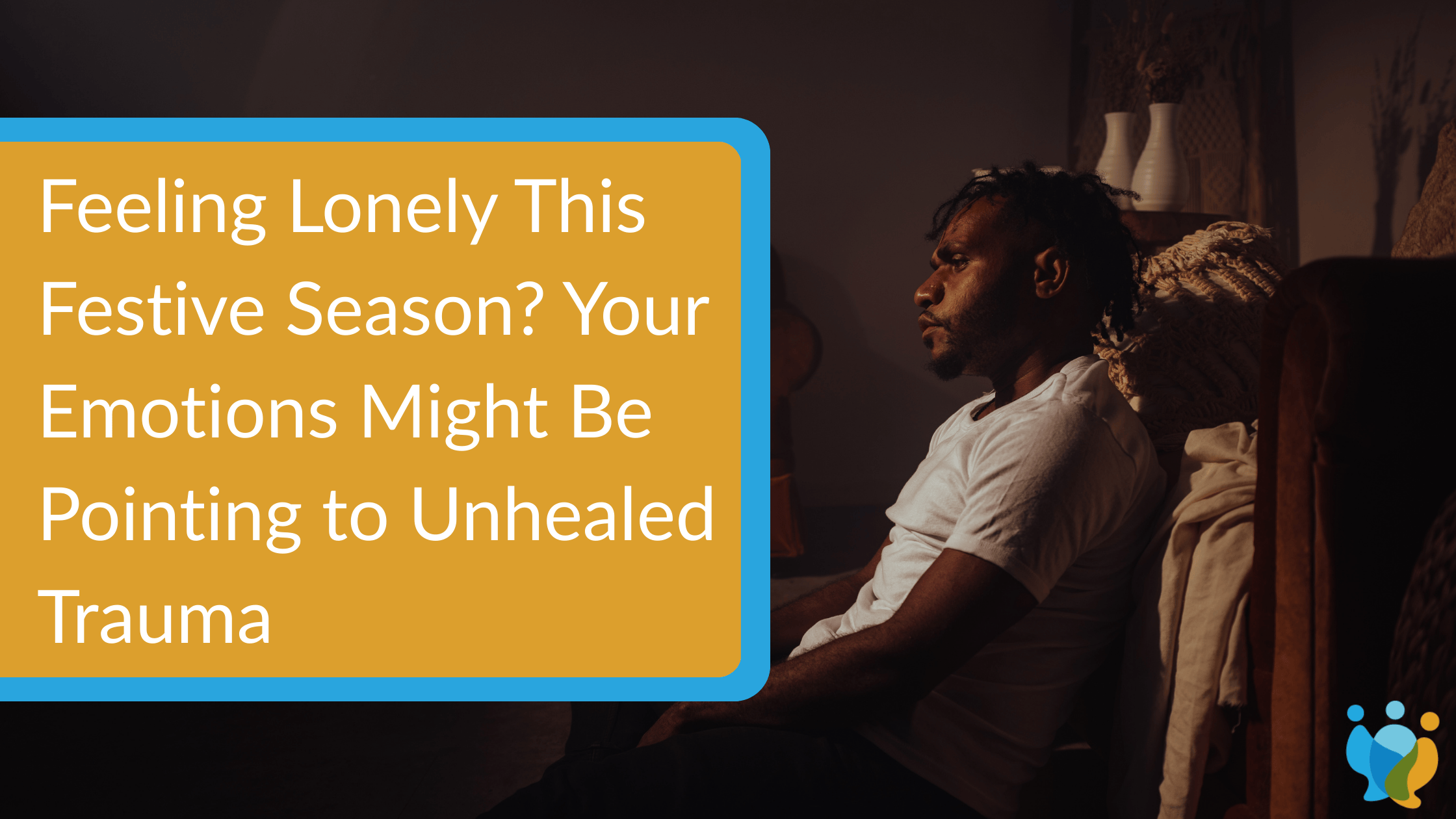The 4 Step Guide To Getting The Right Mental Health Care

The 4 Step Guide To Getting The Right Mental Health Care
You’ve been feeling off lately. That constant nagging feeling of anxiety or sadness just won’t seem to go away. You find yourself easily irritated, having trouble concentrating or even feeling hopeless at times. Maybe you’re having trouble sleeping, or you’ve lost your appetite. These are all signs that your mental health may be suffering.
You know you shouldn’t ignore these feelings, but you’re unsure what to do about them or where to start. The idea of seeking mental health care can be overwhelming. You may be worried about the cost, the stigma, or simply not knowing what kind of help you need.
If this scenario sounds familiar, you’re not alone. Mental health struggles are more common than you might think, affecting people from all walks of life. The good news is there are resources and professionals who can help you get back on track and start feeling like yourself again.
The key is discovering the right mental health care that suits your specific needs and situation. In the next section, we will explore what mental health is all about, the role of a mental health worker, how to pick one, and how to make therapy work for you.
What Is Mental Health?
Mental health wholistically refers to an individual’s emotional, psychological, and social well-being. It involves how you think, feel and behave and impacts your ability to cope with life’s challenges, maintain healthy relationships, and achieve personal growth. Good mental health is not just the absence of apparent mental illness but a state of overall well-being, enabling you to live fulfilling and productive lives.
Mental health exists on a scale with varying degrees of positive and negative experiences. It’s normal for an individual’s mental health to fluctuate, just as our physical health does. However, when we experience persistent distress, dysregulated emotions, or impaired functioning, it may be a sign of a mental health condition or disorder. The following table highlights factors that influence mental health and the various outcomes.
| Factors Influencing Mental Health | Examples |
| Biological Factors | Genetics (family history of mental disorders or illness), brain chemistry (imbalance of neurotransmitters) |
| Life Experiences | Trauma (physical, emotional, or psychological), abuse (childhood abuse, domestic violence) |
| Family Environment | Family dysfunction (conflict, neglect), parental mental illness |
| Social Environment | Social isolation (lack of social support), peer pressure |
| Socioeconomic Status | Poverty (financial stress, lack of access to resources), employment status (unemployment, job insecurity) |
| Cultural Factors | Cultural stigma (stigmatization of mental illness), cultural norms (attitudes towards seeking help) |
| Access to Healthcare | Availability of mental health services, insurance coverage |
Mental health conditions can range from mood disorders like anxiety disorders, depression, bipolar disorders, personality disorders, and psychotic disorders like schizophrenia. Mood disorders like depression and bipolar disorder involve persistent feelings of sadness, emptiness, or extreme mood swings.
Anxiety disorders are characterized by extreme worry, fear, or apprehension. Personality disorders affect how a person thinks, perceives, and relates to others. Psychotic disorders like schizophrenia involve a detachment from reality through delusions or hallucinations.
Therapists in Kenya and Their Role in Mental Health Care
Mental health workers play a primary role in promoting and supporting individual and community mental health. These professionals come from various backgrounds and disciplines, each with unique skills and expertise to address diverse mental health needs. Let’s look at what their roles using practical examples:
Example 1: Psychiatrist
Otieno had been experiencing disturbing hallucinations and delusional thoughts for months. He would hear voices that weren’t there and became convinced people were plotting against him. Concerned for his well-being, his family took him to see a psychiatrist. As medical doctors specializing in mental health disorders, psychiatrists like Dr. Makau could properly evaluate Otieno’s condition, provide a diagnosis, prescribe medication to manage the psychosis, and refer him to a psychologist or offer psychotherapy to help Otieno process his experiences.
Example 2: Psychologist
After going through a traumatic event, Suluhi found herself plagued by nightmares, anxiety, and intrusive thoughts. She struggled to function at work and in her relationships. Suluhi’s friend recommended seeing a psychologist. Dr. Wangari, who held a Masters in counseling psychology, used evidence-based therapies to help Suluhi process her trauma, change unhelpful thought patterns, and develop healthy coping mechanisms.
Example 3: Licensed Counselor
Mr. Kigel’s family had been noticing increasing conflicts and communication breakdowns. Their teenage son had become withdrawn, and arguments with their youngest daughter were a daily occurrence. Seeking professional help, they contacted a licensed counselor at a local county counseling center. The counselor used their expertise to provide family therapy sessions, teach the family conflict resolution skills, improve their communication, and give them tools to strengthen their family dynamics.
Other mental health workers include marriage and family therapists, who specialize in addressing relationship and family issues, and substance abuse counselors, who help individuals struggling with addiction and substance use disorders.
How To Pick The Right Mental Health Professional
Choosing the most ideal mental health professional is essential for effective treatment and positive outcomes. The type of professional you should seek depends on your specific needs and concerns.
If you’re experiencing a mental health disorder, such as depression, anxiety, or bipolar disorder, a psychiatrist or clinical psychologist may be the appropriate choice. Psychiatrists can prescribe medication and provide psychotherapy. However, clinical psychologists do a better job at psychotherapy and assessing if you truly need medication.
For issues related to grief, trauma, life transitions, or personal growth, a counseling psychologist or licensed counselor may be a better fit. These professionals are trained in talk therapy and can help you develop coping strategies and handle challenging life events.
If you’re dealing with relationship or family problems, a marriage and family therapist can provide specialized counseling to improve communication and resolve conflicts.
Remember, many mental health professionals have overlapping areas of expertise, so it’s essential to research their backgrounds, specialities, and treatment approaches to find the best match for your needs.

How Do I Pick a Therapist? Criteria of Good Therapists in Kenya
Finding the right and qualified therapist is crucial for a successful therapeutic relationship. Here are some criteria to consider when selecting a therapist:
- Credentials and experience: Look for a licensed professional with appropriate qualifications and experience in treating your specific concerns.
- Therapeutic approach: Different therapists may use various techniques, such as cognitive-behavioral therapy (deals with ways of thinking and behaving and how to change them), psychoanalytic therapy (deals with past childhood issues), or emotion-focused therapy. Research these approaches and choose one that aligns with your preferences and needs.
- Personal compatibility: A good rapport and comfortable connection with your therapist are essential for building trust and open communication.
- Culturally alert: Consider a therapist who understands and respects your cultural background, values, and beliefs.
- Availability and accessibility: Look for a therapist with convenient office hours and location or one who offers online or teletherapy options if needed.
- Professional ethics: A good therapist should maintain confidentiality, respect boundaries, and adhere to ethical standards of practice.
As you book an appointment, don’t hesitate to interview potential therapists and ask about their treatment approaches, fees, and policies before committing.
How Do I Make Therapy Work for Me?
Therapy can be an efficient tool for personal growth and healing, but it requires active participation and commitment from you, the client. Here are some tips to make the most out of your therapy experience:
- Set clear goals: Work with your therapist to establish specific, achievable goals for your therapy sessions. This will assist you stay mentally focused and track your progress.
- Be open and honest: Successful therapy relies on open and honest communication. Share your thoughts, feelings, and experiences freely with your therapist, even if they’re difficult or uncomfortable.
- Follow through with homework: Your therapist may assign homework or exercises for you to practice between sessions. Completing these assignments can help reinforce the skills and insights you gain in therapy.
- Be patient and consistent: Therapy is a process, and progress may not be immediate. Stick with it consistently, and trust that you will see positive changes with time and effort.
- Practice self-care: Therapy can be emotionally demanding, so prioritize self-care activities like exercise, relaxation techniques, and maintaining a support system.
- Communicate with your therapist: If you feel like therapy isn’t working or have concerns, voice them to your therapist. A good therapist will work with you to adjust the approach or explore alternative solutions.
Therapy is a collaborative effort, and active participation is essential for achieving your desired outcomes.
Common Myths About Mental Health
Despite the ever increasing awareness and acceptance of mental health care, several myths and misconceptions surrounding therapy persist. The following table explains common myths and the actual truth concerning each.
| Common Mental Health Myth | Actual Truth |
| Therapy is only for individuals with serious mental disorders or illness. | Therapy can benefit anyone experiencing emotional distress, relationship issues, life transitions, or a desire for personal growth. |
| Once you start therapy, you’ll have to go forever. | The duration of therapy varies depending on a person’s needs and goals. Many people attend therapy for a specific period and leave with the tools to manage their mental health independently. |
| Therapists will judge or criticize you. | Ethical therapists in Kenya maintain a non-judgmental, empathetic, and supportive stance, providing a safe space for you to explore your thoughts and feelings. |
| Therapy is a sign of weakness. | Seeking help when you need it is a sign of strength and self-awareness. Taking care of your mental health is as important as caring for your physical health. |
| Therapy is expensive and unaffordable. | While therapy can be costly, it is possible to find a provider who can fit into your budget, and some insurance plans cover mental health services. |
| Talking about your problems won’t change anything. | Therapy provides insight, coping strategies, and tools for making meaningful changes in one’s thoughts, behaviors, and overall well-being. |
By dispelling these myths, we can continue to destigmatize mental health care and encourage more people to seek the support they need for their emotional well-being.
Clarity Counseling Centre Can Help
If you’re struggling with your mental health or simply seeking personal growth, Clarity Counseling and Training Centre is here to support you. Our compassionate therapists in Kenya are dedicated to provide high-quality care tailored to your unique needs.
At Clarity Counseling Centre, we understand that seeking help can be difficult. That’s why we strive to create a safe, non-judgmental environment to openly explore your thoughts, feelings, and experiences. Our therapists in Kenya actively listen, empathize, and collaborate with you to develop effective strategies for overcoming challenges and achieving your goals.
Whether you’re dealing with anxiety, depression, trauma, relationship issues, or life transitions, our diverse range of services ensures that you receive the appropriate support. From individual and group therapy to family counseling and specialized treatments, we employ evidence-based approaches to promote lasting positive change. Book your session with us today.









